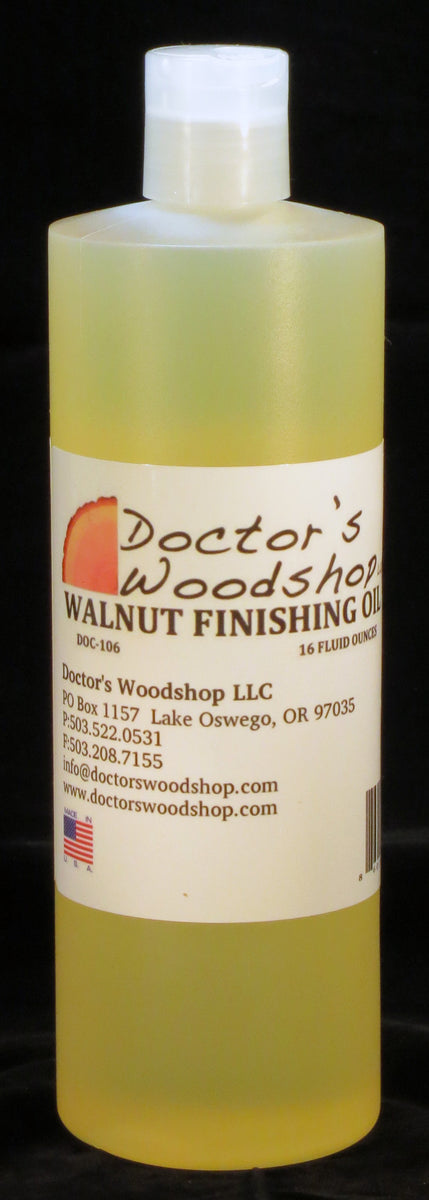Marc-Antoine
TreeHouser
Because it's hard to take a cool stance for the pic with the trimming saw.Why is he holding the one saw he didn't use to do that?
Because it's hard to take a cool stance for the pic with the trimming saw.Why is he holding the one saw he didn't use to do that?
What kind of finish is that? Just really fine sanding, or something else: stain/sealer? I don't know much about finishing wood.




What's this about "speeds sanding"?Heat-treated walnut oil. Mahoney’s and Doctor’s are two I know.
“Mahoney Finishes
What makes my Utility oil better than other oil finishes? My Utility finish is 100% high linoleic acid walnut oil, completely natural and food safe. There are no chemical driers. The oil has been heat-treated to make the oil dry faster and to remove any possible allergens. Linoleic acid is a particular acid that is naturally found in walnut oil. It is a stabilizing agent that makes the oil’s shelf life longer than other natural oils. The oil penetrates deeply into the wood and becomes a permanent part of the wood. I recommend one heavy coat. Apply with a brush or paper towel. Let soak in and wipe off any excess.”

Doctor's Woodshop Walnut Finishing Oil Doc - 106
WALNUT FINISHING OIL Overview: One-step food-safe finish Easy application Speeds sanding Helps prevents heat checking from sanding 16 oz bottle or gallon jug Description: Doctor’s Woodshop Walnut Finishing Oil can be used in the finishing process in two ways: First, it...buffalowoodturningproducts.com
We know what that guy B thinks about spalted wood...it's ALL too far toward punky.If spalted wood goes a little too far toward punky it is difficult to work and finish.
I didn’t realize you were looking for an aid in sanding.
I thought you were looking for an ultimate finish.
Not really sure what to use to firm it up for better sanding I’ve had mixed results with different products , and they are not food safe…

Sanding sealer is food safe when cured.What's this about "speeds sanding"?
I hadn't thought about oiling before sanding.
I have lots of spalted maple. Is there something to use that will firm up the wood, and be food- safe?
In my market, plant- based oil would be way better than food- safe mineral oil from petroleum.
I bought some sanding sealer, but haven't used it, yet. Is that not food-safe? I haven't looked into it, yet.
